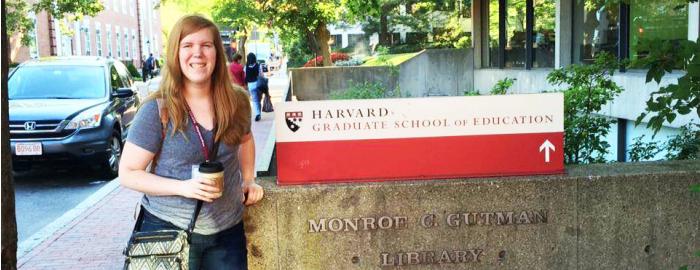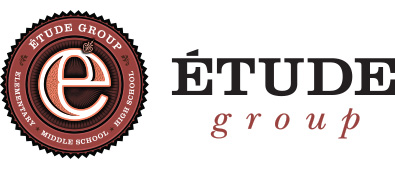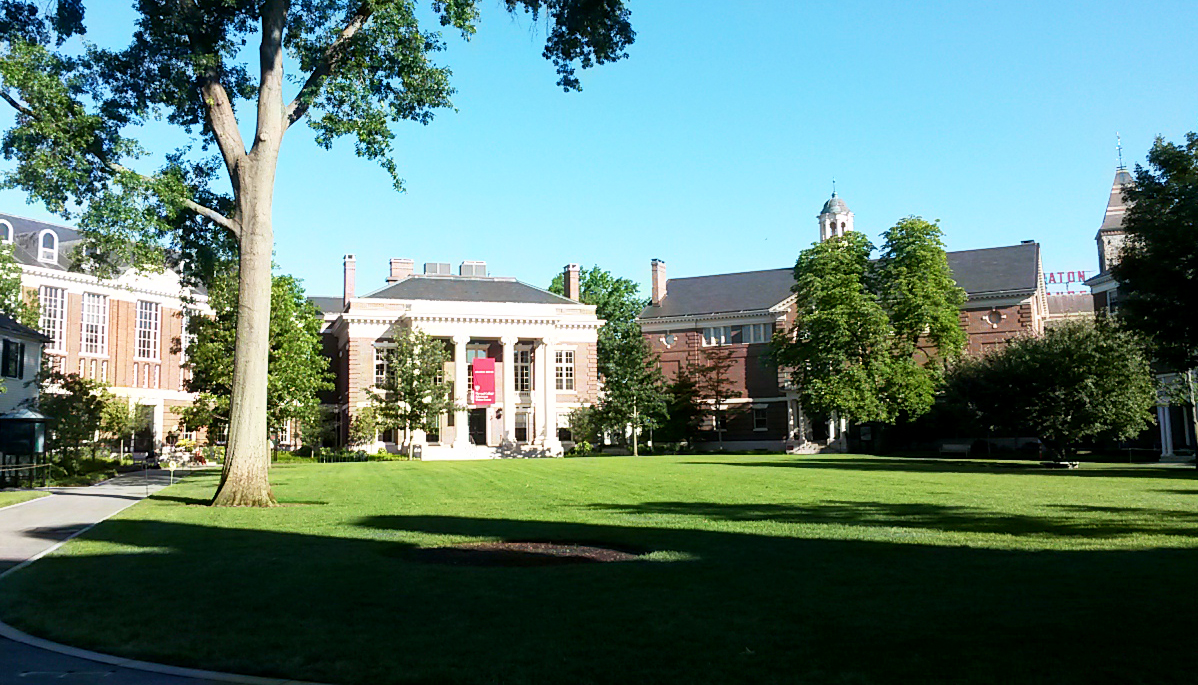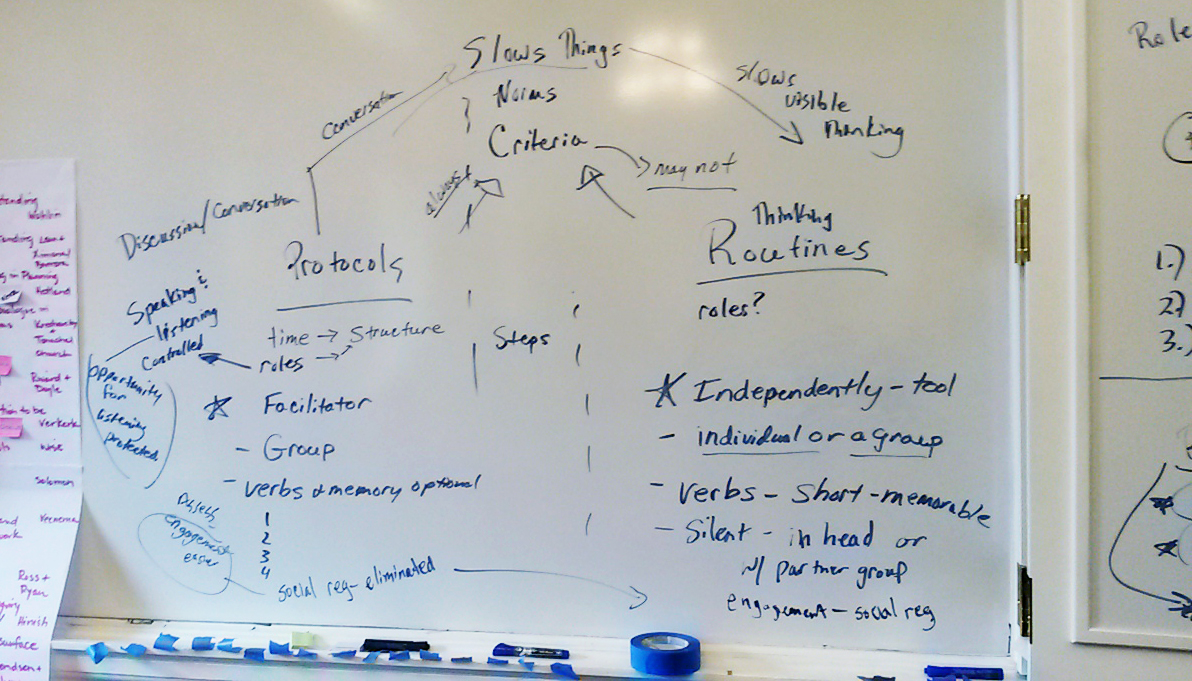
The Étude Group was founded on principles explored by Harvard’s The Project Zero Classroom, and this summer five Étude Group teachers were fortunate enough to attend the professional development program for themselves.
Although the teachers represent different grade levels, what they took away from the program was universal. “It reaffirmed our schools’ foundation for me, not that I doubted it at all before,” Mosaic and I.D.E.A.S. engineering, science, and math teacher Tim Pasche said. “It helped me understand the core beliefs of our schools.”
“Joining [The Étude Group] in general has changed my mind about how I view teaching and learning, especially because I’m a pretty young teacher,” kindergarten teacher Brittany Hattabaugh, who joined the school last year, said. “Coming to ESAA was an eye-opener. I saw new ways to teach that are so much more beneficial for the children rather that it being so teacher-driven.”
Throughout their time at Project Zero, the teachers focused on some of these methods, learning the importance of visible learning, intentional thinking, and thinking routines.
I.D.E.A.S. Academy’s Beckah DeYoung said, “I think the biggest thing I took away from this was to be more intentional in my classroom, whether it’s the language that I’m using, the questions that I’m asking, or the thinking that I’m asking of students.”
Hattabaugh agreed with DeYoung. “What you say and the questions you ask really form the culture and the learning that’s going on,” she said. Hattabaugh also said she focused on learning about documenting learning in her classroom. “Documentation and visible learning really help allow kids to go back and reflect on their learning and understand better what they were taught,” she said.
“One of the things I’ve been thinking about is how can we help our students get into creative and innovative thinking in ways that they wouldn’t do necessarily in a classroom,” Dean of ESAA Susan Griffiths said. “I’m looking at using thinking routines in ways to help develop those creative and innovative thinking skills.”
In addition to learning new methods to utilize in their classrooms, attendees had time to discuss issues and brainstorm ideas with others.
“One of the things that I absolutely love about Project Zero was... at the end of the day, you have a study group, and people come together from all aspects of the world and they reflect and talk,” Griffiths said. “They’re from all parts of the world, so everyone comes with a really different perspective. It’s really wonderful to learn about how others are approaching education and see what their roadblocks are.”
“What really surprised me was the sense of collegiality,” ESAA teacher Allison McKeone said. “Everyone was there to support you whether you knew them or not.”
“Project Zero was a great experience,” Pasche said. “It’s one of those things that if we had unlimited funding, it would be great for us all to go every year. There’s something new we can pull from each experience.”



